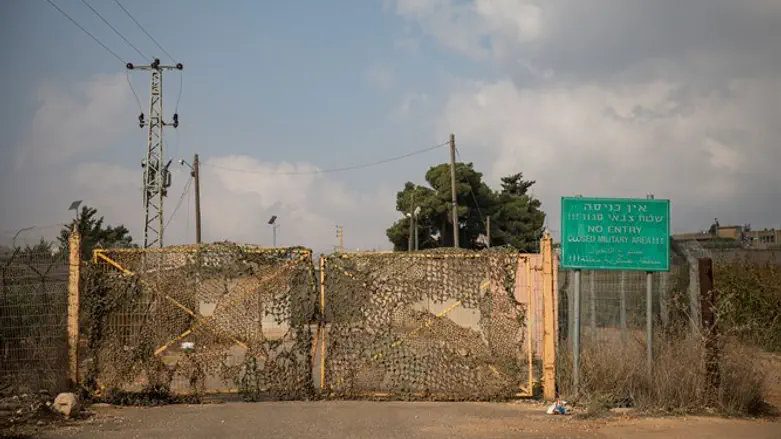
A senior State Department official has rejected Israeli criticism regarding US assistance to the Lebanese armed forces, as well as the Israeli demand to condition the aid on the Lebanese government acting against Hezbollah’s precision missile factories, Barak Ravid of Channel 13 News reported on Wednesday.
The US gives the Lebanese army around $105 million a year and supports it with training and equipment. Israel is concerned that the Lebanese army is infiltrated by Hezbollah and that any US assistance to the Lebanese army will end up in the terror organization’s hands.
But David Schenker, the US assistant secretary of state for Near East Affairs, said in a briefing with reporters in Jerusalem on Wednesday that the Trump administration thinks giving aid to the Lebanese army is “a good investment."
“We have confidence in the Lebanese army and we think they are important partners in the fight against Sunni jihadists. We listen to our ally Israel and we will take their request under consideration," Schenker added.
A recent report indicated that the Trump administration is withholding the security aid for Lebanon, though no reason was provided for the move.
On Wednesday, according to Ravid, State Department officials said that contrary to press reports, the funding to the Lebanese army was not withheld but is going through a process of review.
Schenker said there was no funding that was supposed to be transferred and wasn’t transferred, and that there was no military hardware that was supposed to be given to the Lebanese army and wasn’t given.
He also said the US is still ready to mediate between Israel and Lebanon on a deal that will demarcate their maritime border and will allow more exploration of natural gas in the Mediterranean, but the Lebanese government is still unwilling to do it.
He stressed that the Lebanese can get billions of dollars in natural gas revenues that will help them in their financial crisis if they settle the dispute with Israel on the maritime border, “but for some reason, they don’t want to sign the deal."
Washington has in the past repeatedly expressed concern over the growing role in the Beirut government of Hezbollah, which is backed by Iran and listed as a terrorist organization by the United States.
Hezbollah, which has a strong political presence in Lebanon, is a major part of the cabinet, after the group and its allies gained more than half the seats of the 128-member Lebanese parliament in the election last May.
When Lebanese Prime Minister Saad Hariri resigned recently amid huge protests against the ruling elite, Secretary of State Mike Pompeo urged Lebanon’s political leaders to help form a new government which will be responsive to the needs of its people and called for an end to endemic corruption.